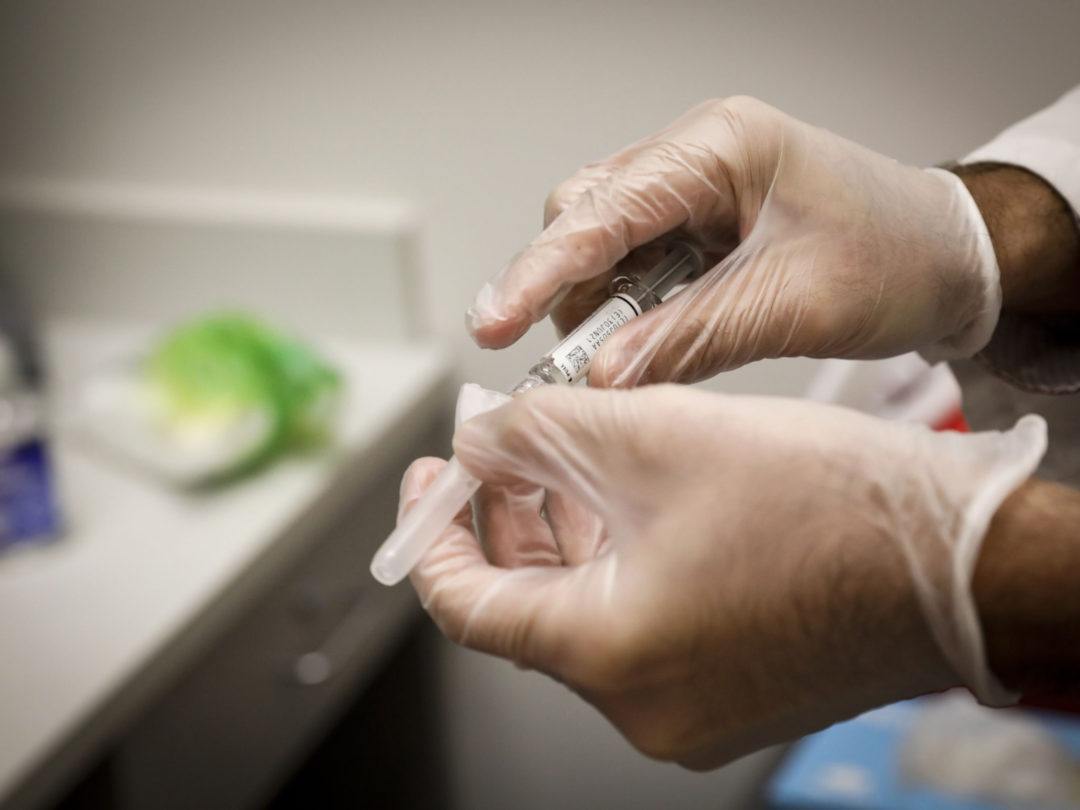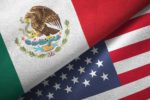
As the U.S. begins to distribute millions of the first COVID-19 vaccine doses this week, an immense strain looms ahead for the pharmaceutical industry’s supply chain — one that’s not exactly built for speed and scale. Drug development is a complex process, with many policy bottlenecks by design. It doesn’t happen at “warp speed,” and isn’t intended to.
When countless lives are at stake, pharmaceutical companies and the FDA must take the proper precautions to ensure that any potential coronavirus vaccine is safe and effective. Otherwise, they risk releasing an incomplete, unproven product in the name of winning a race. And frankly, there is no “winning” this race — it has already been lost due to failed mitigation efforts in early 2020.
Reimagining the Pharma Supply Chain
Historically, the pharmaceutical industry has treated throughput like an afterthought. Companies and their supply-chain partners often dedicate limited capacity toward pushing out vaccines. Under normal circumstances, they can get away with this model and still see incredible margins. But when it’s time to ramp up the production of COVID-19 vaccines, this strategy will cause unacceptable bottlenecks.
Fortunately, the pharmaceutical industry has a chance to solve this impending problem. To do so, it could take one of two paths. The first would be to completely redesign its supply chain and build up more distribution capacity — a transformation that would likely take several months or even years, because supply chains aren’t designed for quick adjustments. Additionally, the economics behind this option make it a poor investment. Building new delivery pipelines for a short-term vaccine deployment would be similar to constructing new villages and stadiums before hosting the Olympics. Once the event is over, the host country no longer needs these costly buildings.
The better path requires collaboration across the global supply-chain community. Once the pharmaceutical industry exhausts its existing capacity, it should use excess supply-chain capacity in other industries. Back in the 1950s, a similar collaborative approach helped eradicate polio. Today, corporate and military supply chains are exponentially more powerful and far-reaching. In addition, companies like Pepsi, Coca-Cola, Unilever, Shell, PG&E and BHP have built some of the most extensive supply chains in the world. These companies could be major players in packaging and delivering COVID-19 vaccines to the largest number of people in the shortest amount of time.
Glass manufacturers, cold-chain providers and plastics manufacturers could also contribute to the cause. In the race for a vaccine, there has been an unprecedented spike in demand for dry ice and glass vials. Working with singular suppliers in these areas can create bottlenecks, so pharmaceutical companies must instead partner with at least two distributors to ensure that competition enables throughput and speed of delivery. They must also work closely with their demand-modeling teams to understand how to match manufacturing capacity with local and global demand. Lastly, they must devise setups with their packaging units to ensure that packaging is never the bottleneck on the manufacturing floor.
Collaborating Across Industries Is Key
The pharmaceutical industry is facing an incredible and unprecedented supply-chain situation. Customer demand has created a vacuum: the product isn’t yet available, but is essentially already “sold out.” This would be a reason to rejoice in most business contexts, but the stakes are different here. The sooner the coronavirus vaccine is distributed, the more quickly this worldwide crisis will end.
Momentum on vaccines in the coming weeks will soon grind to a halt if other industries don’t spring into action. Working together, the supply-chain community could ultimately save the global economy trillions of dollars and prevent millions of deaths. Corporations with extensive supply-chain networks must immediately begin identifying areas where they have extra capacity to handle overflow from the pharmaceutical industry.
The physical and economic health of our planet hangs in the balance. Collaboration holds the key to quickly, safely and effectively distributing COVID-19 vaccines.
Ali Hasan R. is cofounder and CEO of ThroughPut Inc., a developer of artificial-intelligence-based software for supply-chain management.







